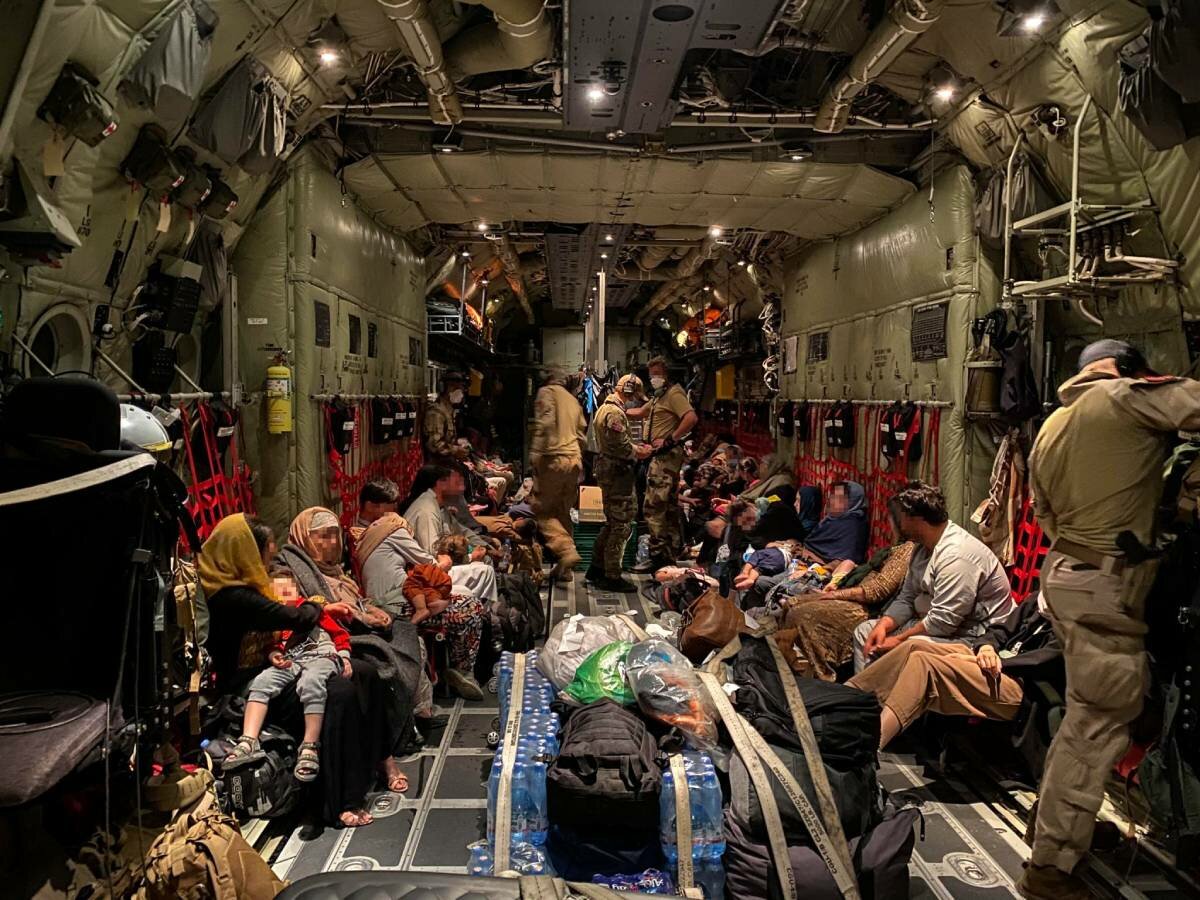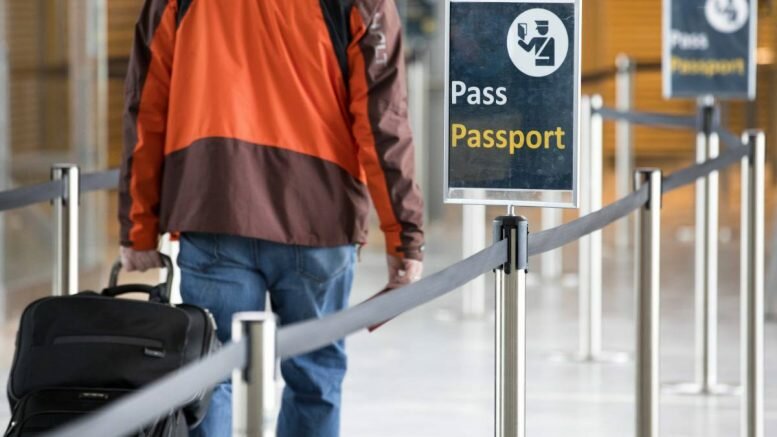The Norwegian Directorate of Immigration (Utlendingsdirektoratet, UDI) has a mandate that includes everything from granting tourist visas to the running of asylum centers. Yet the UDI has received a lot of publicity lately due to the perceived arbitrary nature of the enforcement of immigration laws to the detriment of families and children. Does the immigration system here in Norway punish children for their parents’ mistakes? How best can it be reformed to strike a balance between security and humanitarianism?
Mustafa Hasan has witnessed firsthand his family torn apart
In what Mustafa Hasan hopes to be a final chapter, the Immigration Appeals Board (UNE) has finally approved a residence permit for the 19-year-old. Hasan, aged just 6, and his family moved to Norway in 2008 having been granted a humanitarian visa. Yet for the best part of a decade and a half, he has seen his family torn apart by legal drama.
In 2012, his family was split up as his mother and two older brothers, were deported on the basis of alleged immigration fraud. In the initial application for the humanitarian visa, Hasan’s mother had listed their nationality as “Palestinian” and, according to the UNE, concealed their actual Jordanian citizenship.
If Hasan’s mother had listed them as “Jordanian” the humanitarian visa would not have been possible for the family. Hasan and another brother were barely teenagers and, thanks to the UDI, left to their own devices in their adopted home country.
A residence permit at the cost of 14 years of trauma, pain, and legal issues
The following decade saw Hasan not only juggle all the responsibilities, trials, and tribulations of adolescence but also have the sword of Damocles of his immigration status ever-present. In 2019 his residence permit was rejected but after 14 years (most of his life) in Norway, the UNE approved his permit on appeal earlier this month.
Upon its ruling, the UNE stated that “This is a very special case that is not similar to many other cases. The decision has been reached after a concrete assessment of the content of this particular case, as it stands right now.” Though Hasan can now legally reside in Norway, look at the trauma he has gone through in a decade and a half – constant legal battles and the pain of being separated from a parent and siblings.
The question that our society must ask itself now is society what have we become were we separate families, sons from their mothers, parents from their children? Hasan’s sad saga highlights an immigration system in sore need of fixing.
2020 Citizenship Act
Though Hasan’s saga is technically over, the fact remains he won’t be reunited with his brothers or mother in Norway. He can, though, go and visit them without facing any legal issues coming back into the country. Yet the ruling by the UNE in his favor is very much an exception to the rule. More often than not, the UDI holds children responsible for the actions, mistakes, and discrepancies of their parents – much like Hasan’s two brothers who were deported in 2012.
The impact of the Hasan saga, and its publicity, perhaps played a part in the updating of a new Citizenship Act. Coming into force at the beginning of 2020 – months after the 2019 denial of Hasan’s residence permit application by the UNE – it states that “children’s Norwegian citizenship shall, as a general rule, not be revoked when the parents have provided incorrect information.” Hasan’s brothers didn’t have Norwegian citizenship – part of the reason why the Norwegian state dispatched the two brothers so easily – but the fact remains that children with Norwegian bonds, or citizenship, are still paying the price for their parent’s mistakes.
44 children’s citizenship revoked
The official policy of the UDI is that they do not punish children for their parents’ immigration discrepancies. Kjersti Trøseid, Director of UDI Control, has stated that “The UDI does not revoke the citizenship of long-term children, i.e., children who have a strong connection to Norway and who live in Norway. We can exceptionally revoke the citizenship of a child if the child does not have a strong connection to Norway.”
Whatever the official line trotted out publicly may be, in practice, the UDI has a track record of holding children accountable for their parents’ sins. In what surely ranks as a disturbing trend, the number of children who had their Norwegian citizenship revoked has increased dramatically. Figures obtained by TV2 show that, during 2020, UDI revoked 44 children’s citizenship. 65% of these children were aged 6 or above. This meant that 44 children were, more or less, booted out of a country where – to an extent – they belonged, they had roots, they had family and, moreover, they had a piece of paper legally stating they were Norwegian.
What makes this even more disturbing is that for the period 2010 to 2017 only 27 children had their citizenship revoked. From an average of 3.8 revocations to 44 per year, this represents a more than 1000% increase. Remember too, that this was at the height of the coronavirus pandemic – a cruel time to cast aside the young and vulnerable into a world much less safe than Norway.

Refugee intake should be commended
The UDI, however, is doing some things right. It should take significant credit for allowing so many refugees to be resettled peacefully from war-torn countries. At the beginning of 2021, thousands of resettlement refugees made Norway their home – a significant humanitarian intake for a small country like Norway. Those fleeing violence, dangerous and hostile countries – from Syria to Iraq, Ethiopia to Afghanistan – have the UDI to thank for allowing them a second chance at a peaceful existence.
Ongoing refugee quotas continue to be met. The UDI met its target quota, for 2021, granting entry permits to 3,151 quota refugees. This was 608 more than 2020 when the target was not met due to the impact of the coronavirus pandemic. A system that should be commended for its generous humanitarian outlook is also the same system that arbitrarily applies the law leading to the separation of families.
The time for reform is now, a balance must be struck
The latest figures from the United Nations show that in 2020 alone they were more than 281 million international migrants, some 36 million children among them. The ongoing humanitarian crisis in Afghanistan and the threat of one brewing in Ukraine could have significant impacts on immigration to this country. There is no better time to reform the immigration system than now.
Lies, deceit, and falsifications should be dealt with properly by a refusal of visas or residence permits. Yet a system that applies laws unevenly – separating brothers or parents from children – needs desperately to be reformed.
The success of Norwegian society over the past half-century has been due to the efficiency and effectiveness of an immigration system that had struck a balance between security and humanitarianism. The system at the moment is erring too far on the side of security. A little balance and adjustment towards humanitarianism are all that is needed to fix a system that benefits not only those living here but also those that want to live here.
The opinions expressed are those of the author and are not held by Norway Today unless specifically stated.
About the author:
Jonathan is a lover of the written word. He believes the best way to combat this polarization of news and politics, in our time, is by having a balanced view. Both sides of the story are equally important. He also enjoys traveling and live music.
Source : #Norway Today / #NorwayTodayNews
Do you have a news tip for Norway Today? We want to hear it. Get in touch at [email protected]





Be the first to comment on "Opinion: Norway’s immigration system is flawed. Can it be reformed?"